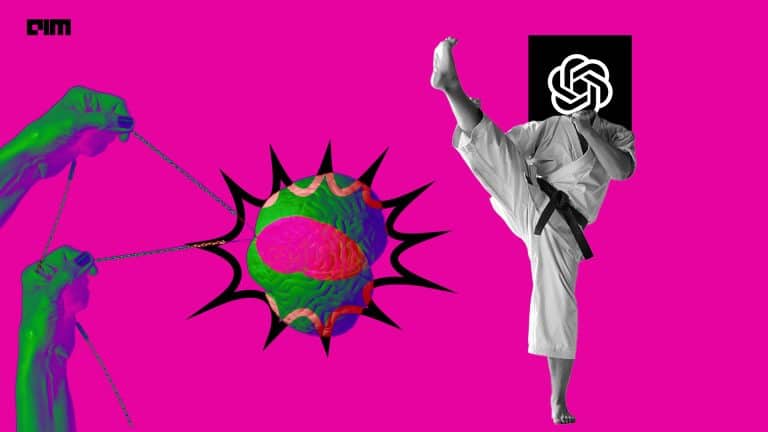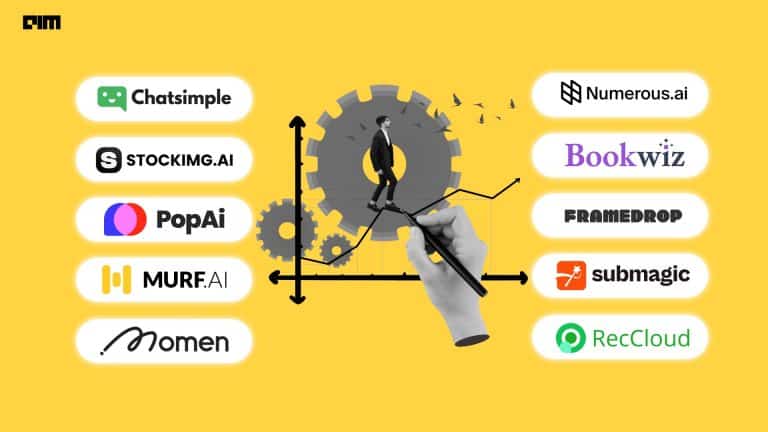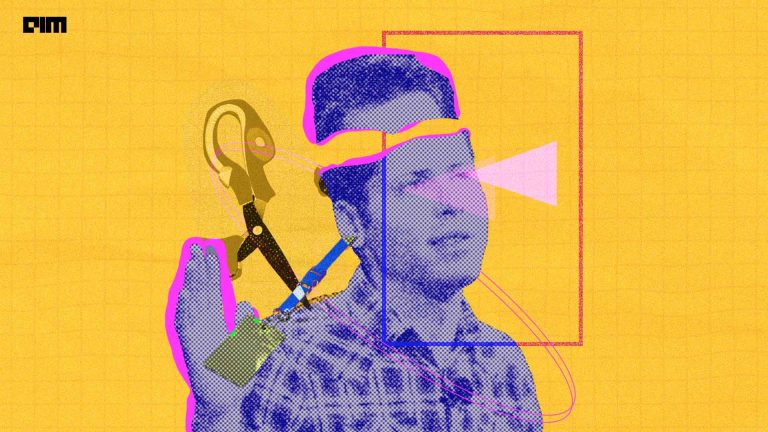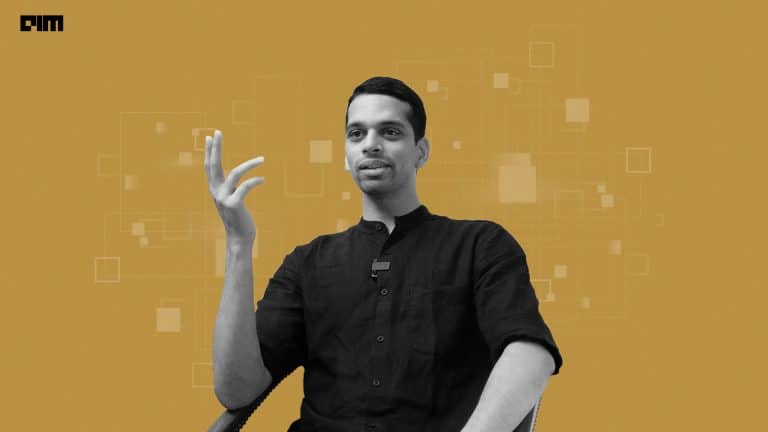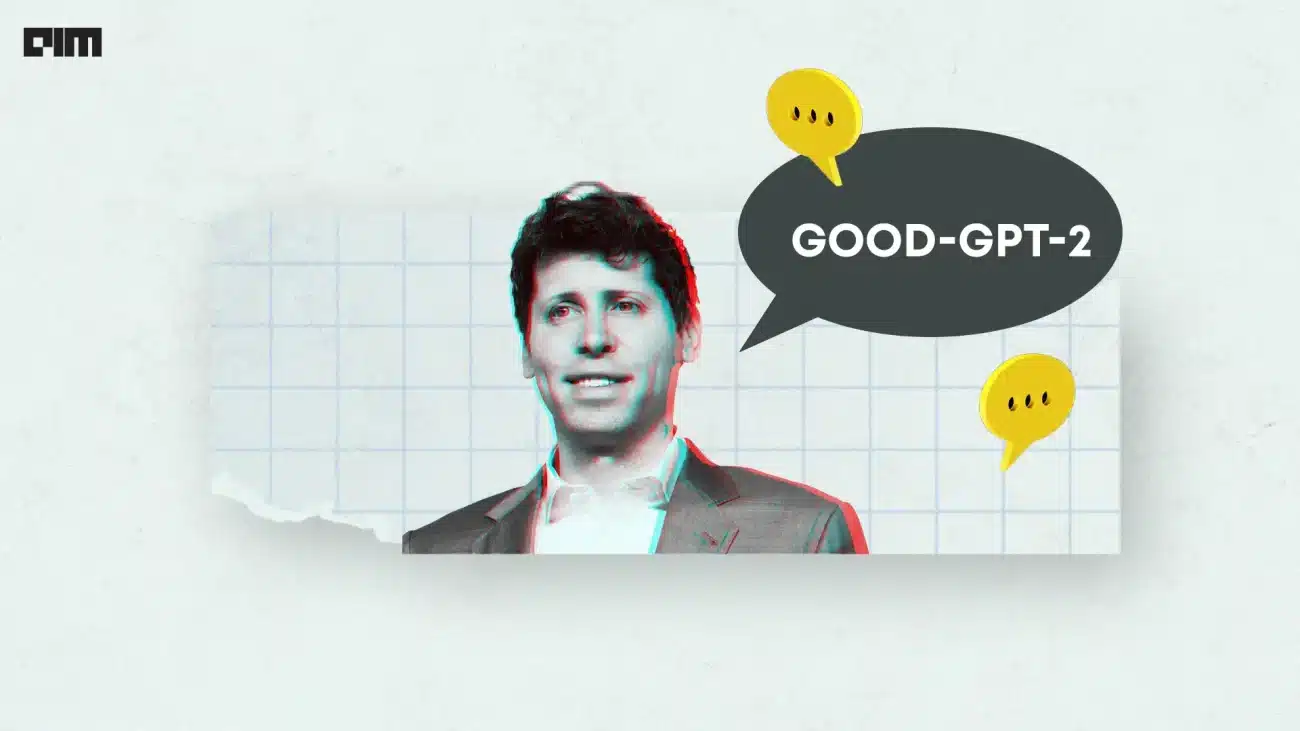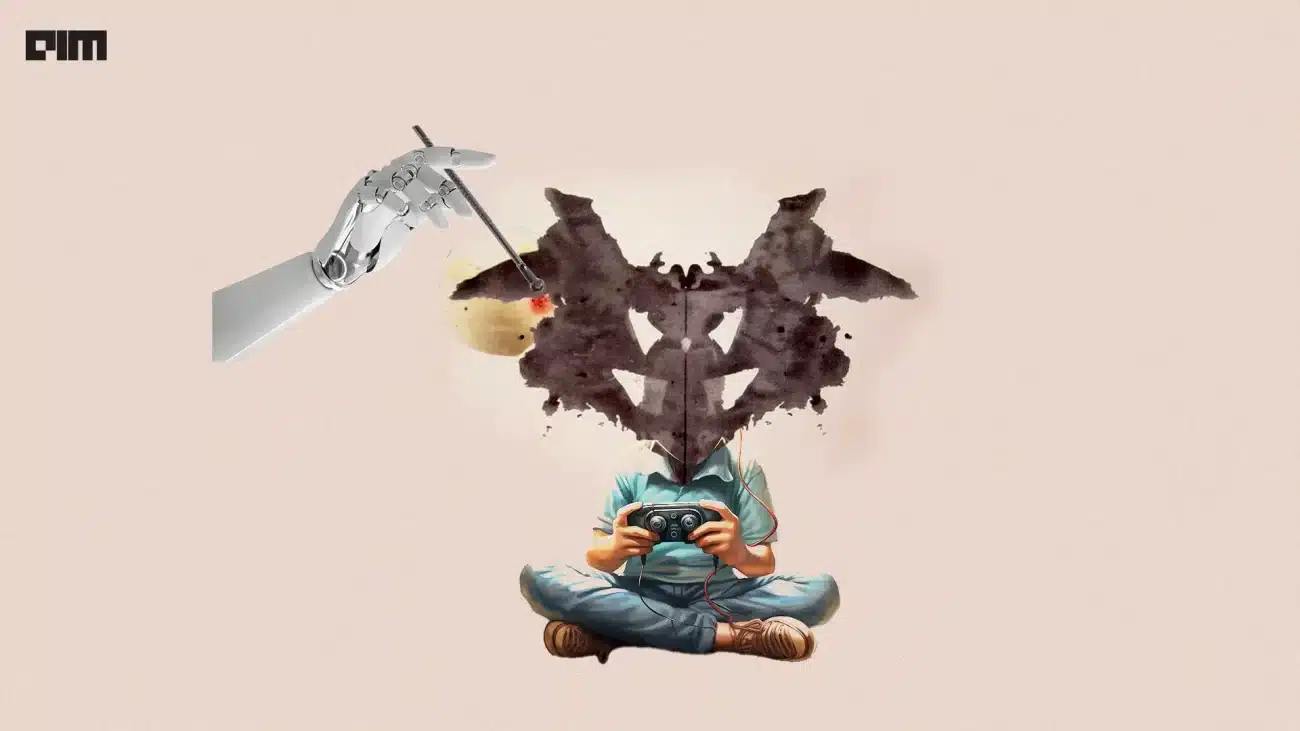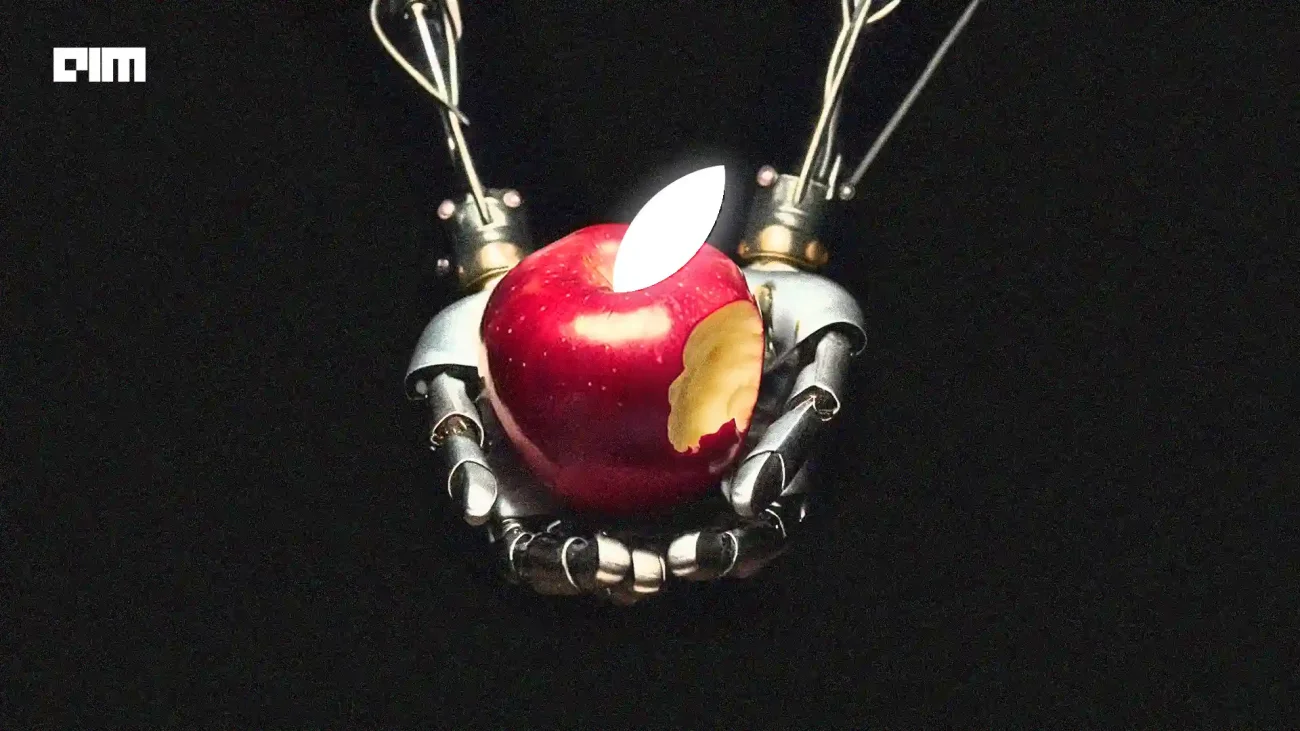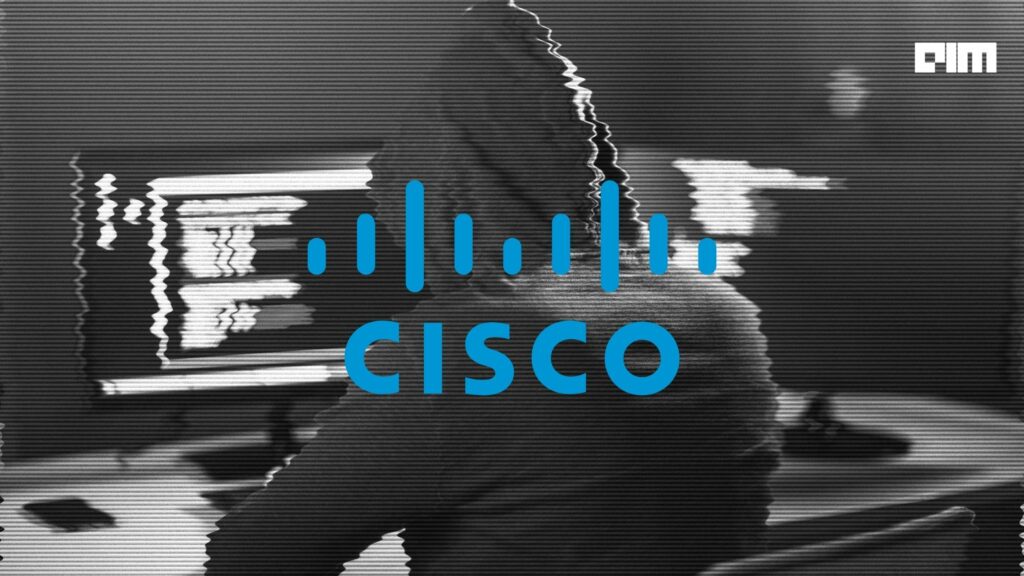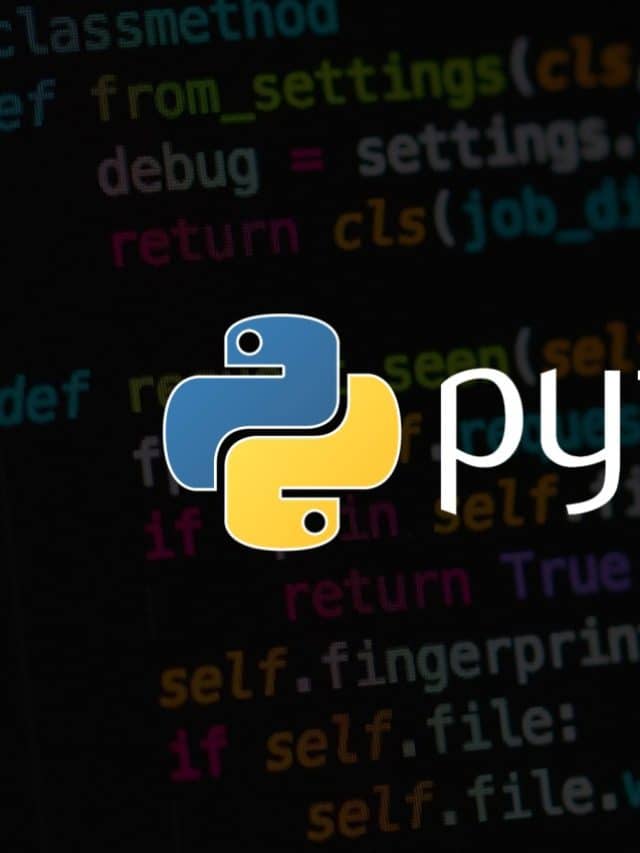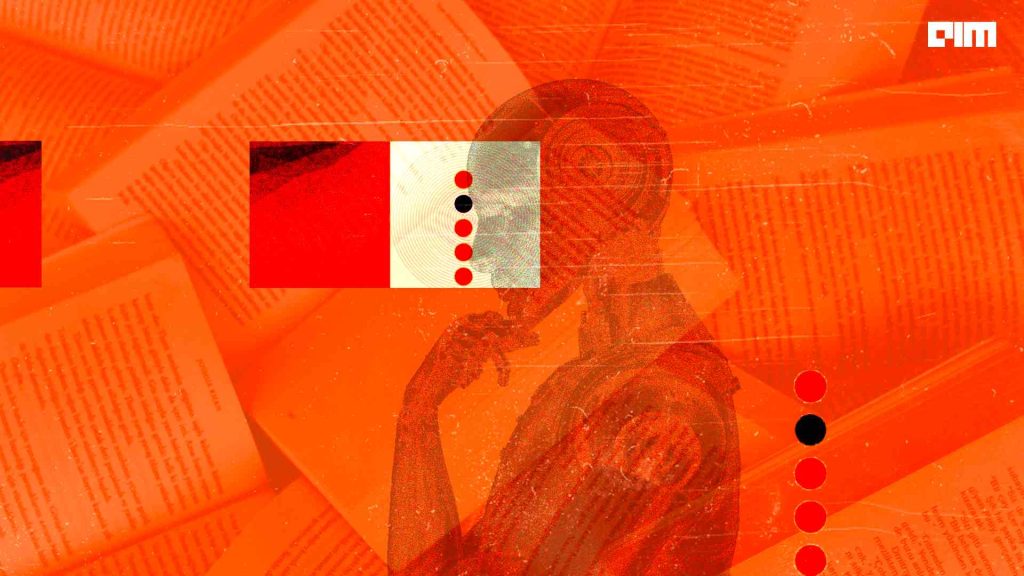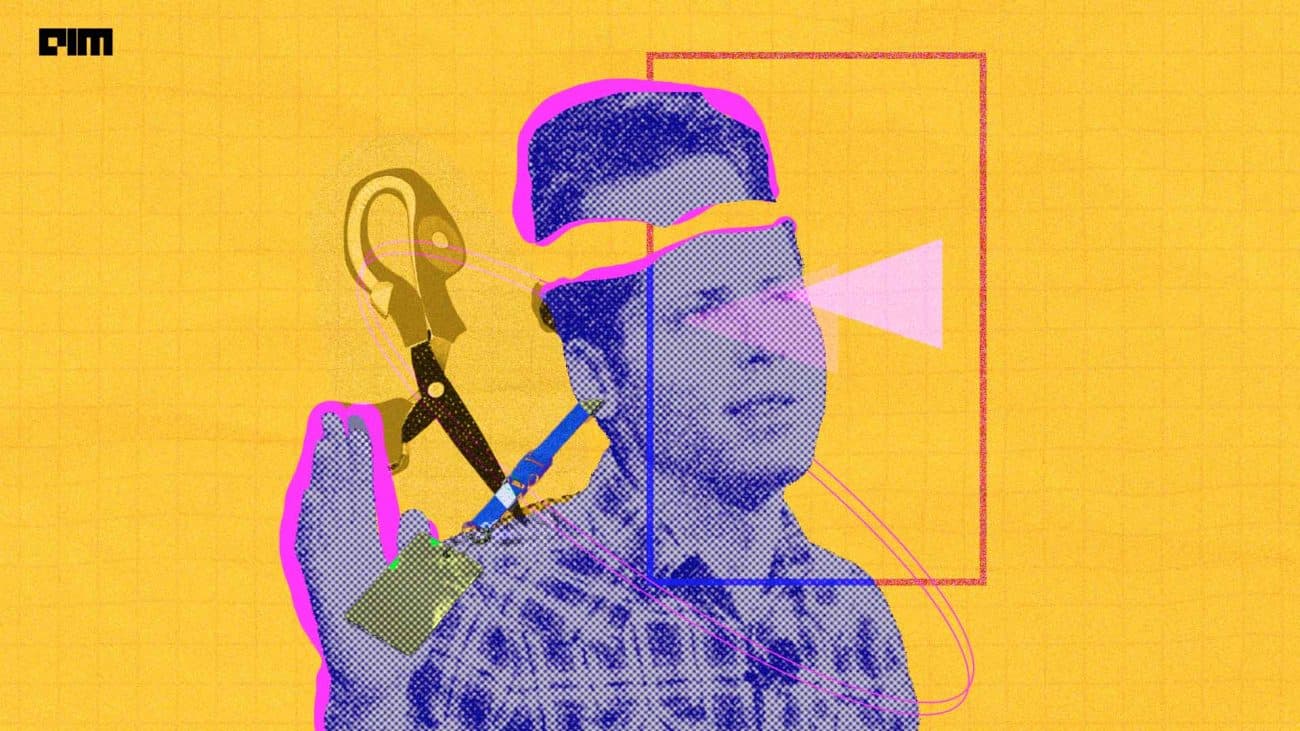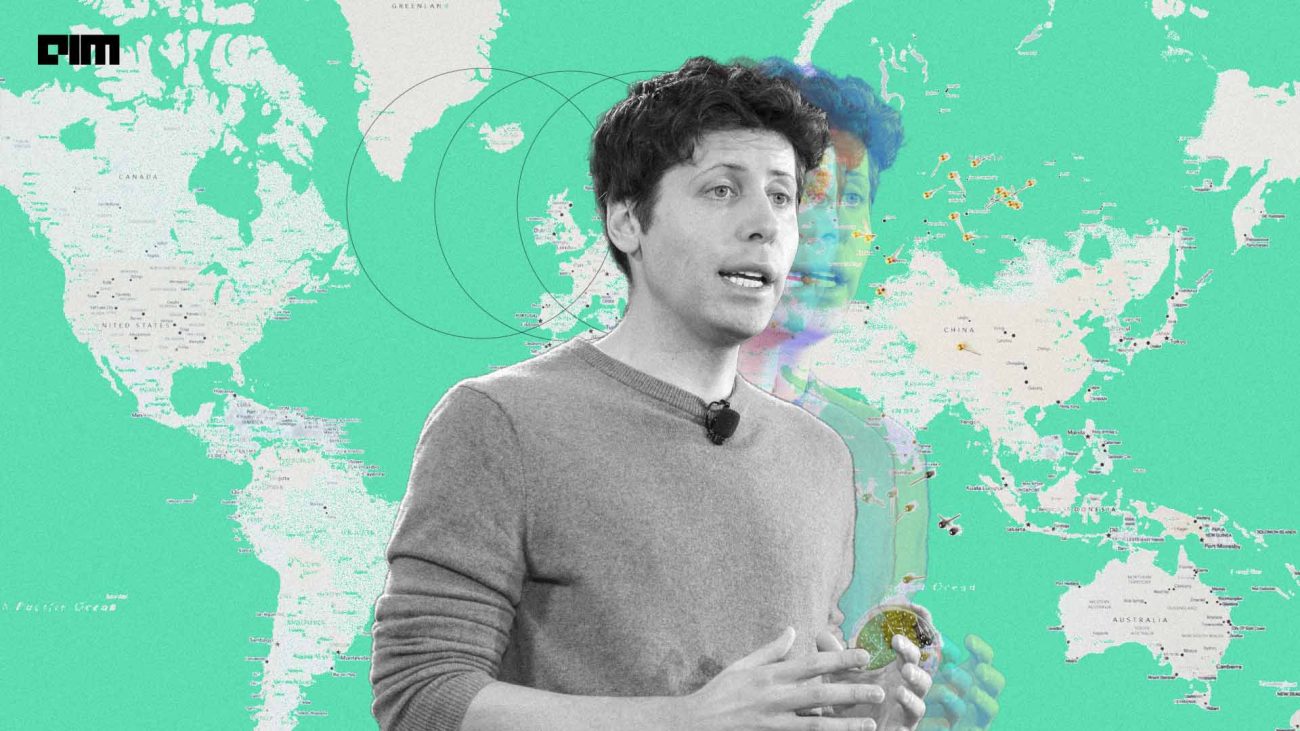|
Listen to this story
|
The 40th International Conference on Machine Learning (ICML) has called for papers on all topics related to machine learning for the main conference proceedings. But if you are thinking of using ChatGPT, think again.
Excerpt from the ICML website
One of the conditions that ICML 2023 website, under the ethics section, cites as the requirement for the submissions is, “Papers that include text generated from a large-scale language model (LLM) such as ChatGPT are prohibited unless this produced text is presented as a part of the paper’s experimental analysis.”
Further, ICML, in its call for papers, does mention that “all suspected unethical behaviour will be investigated by an ethics board and individuals found violating the rules may face sanctions”.
But it is not just the ICML website, there are a host of sites that have banned the popular chatbot.
On Wednesday, the New York City Department of Education began blocking access to the chatbot on school devices and networks, citing negative impact on student learning, and concerns regarding the safety and accuracy of the content. It also argued that “while the tool may be able to provide quick and easy answers to questions, it does not build critical-thinking and problem-solving skills, which are essential for academic and lifelong success.”
However schools and students who wish to use the tool to study the role and impact of AI, can still request access through the department.
The NYC education dept was the first to block ChatGPT, and coming from the United State’s largest school system, the move could be reflective of the beginning of similar bans elsewhere. Microsoft, at a recent event, too acknowledged this, calling it both good and bad – most likely unfortunate – as students are using it to write essays.
While ChatGPT is making it easier for students to complete projects and assignments, there has been a backlash from the school management, raising concerns around the effectiveness of learning and creativity.
ChatGPT ban continues
Previously, the chatbot’s usage was temporarily banned by Stack Overflow, citing a high degree of inaccuracy in the bot’s responses. This was later followed by IT and cyber security organisation Offensive Security, which banned the chatbot in its certification exams. “Interesting to see ChatGPT being banned from Offensive Security exams as I was headed to give the OSEP soon,” said Dhruva Goyal, founder at BugBase.in, questioning the logic behind this.
A week ago ChatGPT was also removed from WeChat, the popular Chinese social media app developed by Tencent. This is because despite the bot being not officially available in the country, local developers rushed to provide unauthorised access to the service.
While this appears to be the start of organisations and institutions banning the use of ChatGPT, both temporarily and permanently, there is a rising concern of how one can identify content produced by AI.
Enters GPTZero
Among the efforts to identify content generated by AI or ChatGPT-like platforms, is GPTZero. This has been developed by Edward Tian, a Princeton student, alongside Sreejan Kumar, that prompts when a particular text is written by ChatGPT and other generative AI engines. “I spent New Years building GPTZero – an app that can quickly and efficiently detect whether an essay is ChatGPT or human written,” said Tian.
The app processes submitted text for indicators of AI origins like randomness and complexity in how it is written, technically referred to as “perplexity and burstiness”. In his Twitter thread, Tian tested GPTZero on various posts published by companies on various social media platforms like Linkedin and Twitter, to check its effectiveness.
However, the app does not have enough data to measure accuracy yet, but it is a good start, as it is still a work in progress. Soon, the duo looks to publish a paper soon.
GPTZero is not the only such attempt to identify AI-generated text. Meanwhile, OpenAI is also looking at addressing the concerns of ChatGPT, where it is looking to build identification features like watermarking and other features similar to its other AI generative tool DALL.E.
Lastly, it is also interesting to see more and more apps and tools such as GPTZero cropping up in the coming months, to tackle misuse of ChatGPT for unethical reasons, like submitting research papers and generating codes and essays for examination among others.






